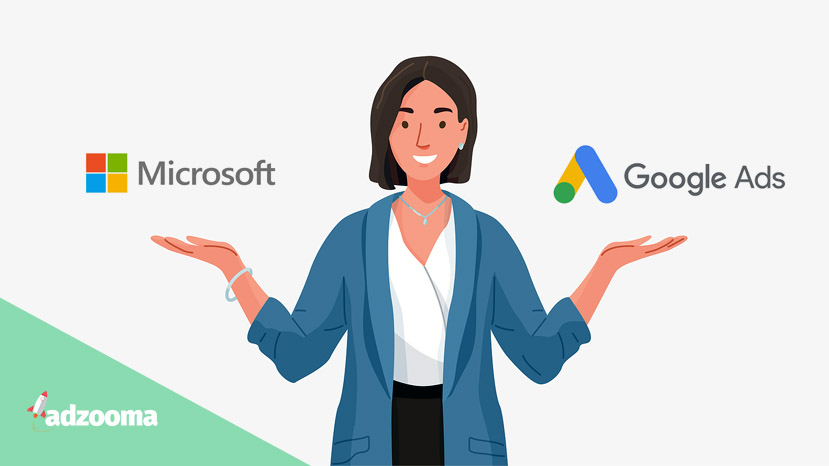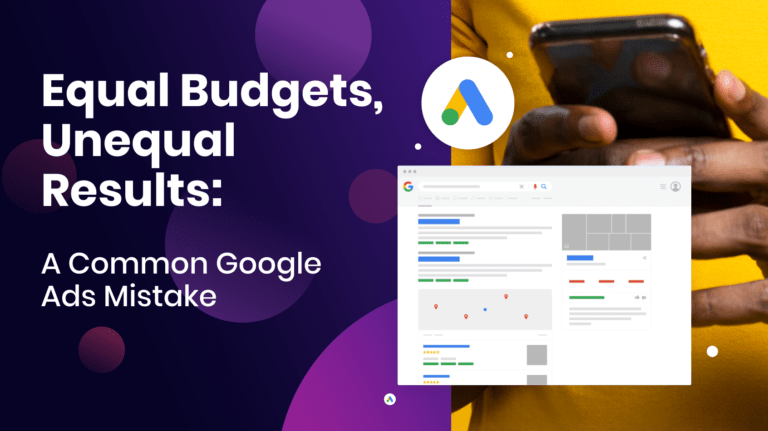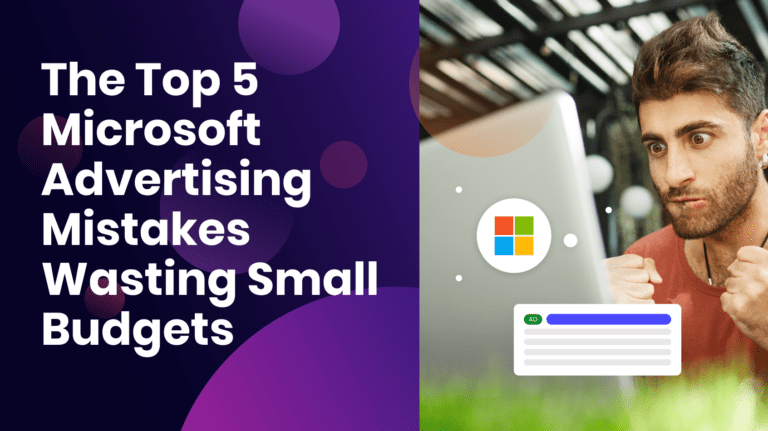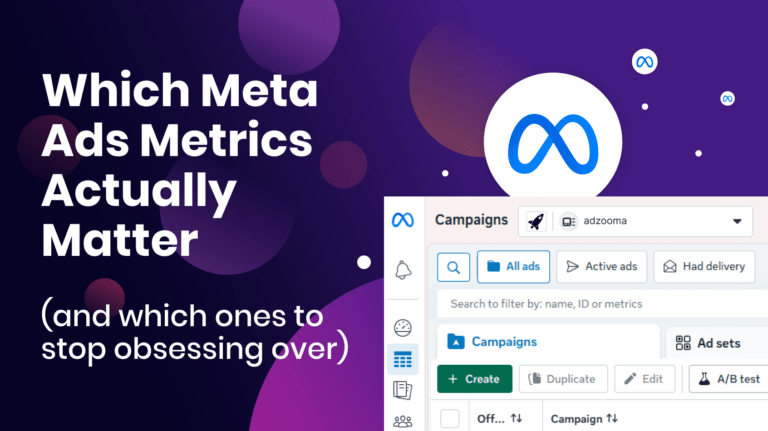Yet, not many people expected it to be Google. Fast forward on through Larry Page and Sergey Brin’s genius strategy, a few big antitrust cases, plus a dozen or so Microsoft missteps (despite some great product placement campaigns), and we’re now at the point where Google has an unprecedented 88.1% share of the global search market. Microsoft’s effort in comparison? Just 8.7%.
So does that mean you shouldn’t be advertising on the Microsoft Audience Network? Well, actually no, not at all. Just like you wouldn’t neglect advertising on the radio if you were running a TV campaign, you shouldn’t neglect Microsoft just because you’re on Google.
When you look at Microsoft’s audience, it is still so vast:
- 13.7 billion monthly PC searches
- 638 million unique PC users
- Reaches 63 million users that Google doesn’t
Plus Microsoft’s audience is both more educated and more affluent with a third of Microsoft users in the US having a household income over $100k.
So with all that in mind, it’s time to answer the questions: How much cheaper is Microsoft Ads than Google Ads? Which search engine drives the lower cost per conversions? Are you missing a trick by not advertising on Microsoft?
To answer those questions, in part one, we’re going to take a look at five like-for-like campaigns that one of our clients has been running, plus a selection of keywords we have been bidding on, across both platforms from April to December 2020.
In part two, at the end of January, we’ll look at the stats across the thousands of accounts connected to Adzooma and compare the overall difference between conversion rate, cost per conversions, cost per click, clicks and impressions.
Now let’s get into the data.
Google Ads vs Microsoft Ads
Unfortunately, we can’t reveal the names of our client’s campaigns as we don’t want to give you visuals into the granular of someone’s PPC strategy, so we’ve just named each campaign Campaign #1 and #2, with three brand campaigns thrown in too. Though, we will give you a clue and tell you it’s an ad account from the marketing industry.
Just glancing a quick eye over the data, you can see huge discrepancies between the Google and the Microsoft campaigns right away, and they’re really interesting discrepancies too.
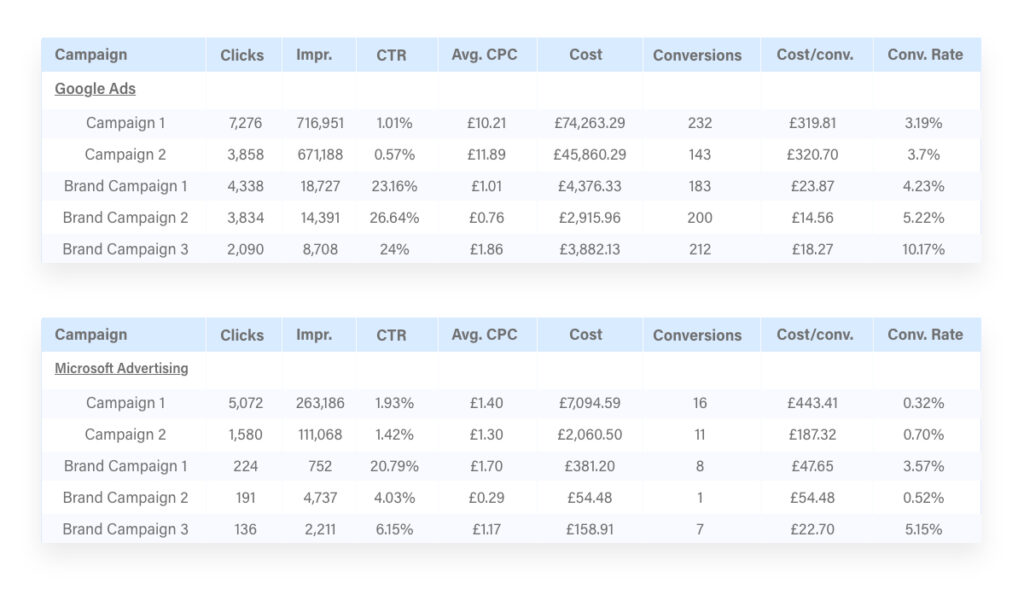
Indeed, what we expected to see – that campaigns ran on Microsoft are much cheaper than on Google – we did see.
And it’s actually quite staggering to see the true cost differential between Campaign #1 and Campaign #2 on Google vs Microsoft, especially when you compare the clicks too which aren’t massively down.
Cost Per Click on Google was an average of £5.15 compared to Microrosft’s £1.17.
However, what really is surprising is the conversion rate. Though you’re paying a massive chunk extra for your clicks on Google, you are getting a ton of conversions, whereas on Microsoft those conversions are minimal, and for most businesses, not enough.
Cost Per Conversion on Google is £139.44 for 971 conversions, while it’s £151.11 on Microsoft for 43 conversions.
That intent differential is interesting and not something that’s immediately thought of as being a Google advantage. It’s actually something we’re digging into and will report on in part two of this piece.
Takeaways
- Clicks not dramatically higher on Google
- CPC and cost significantly more expensive on Google
- Conversion rate and conversions way up on Google
To dig down a little bit further, I think it’s important to show you the differential in keyword pricing here too. Unfortunately, we can’t show you the impressions, clicks and conversions.
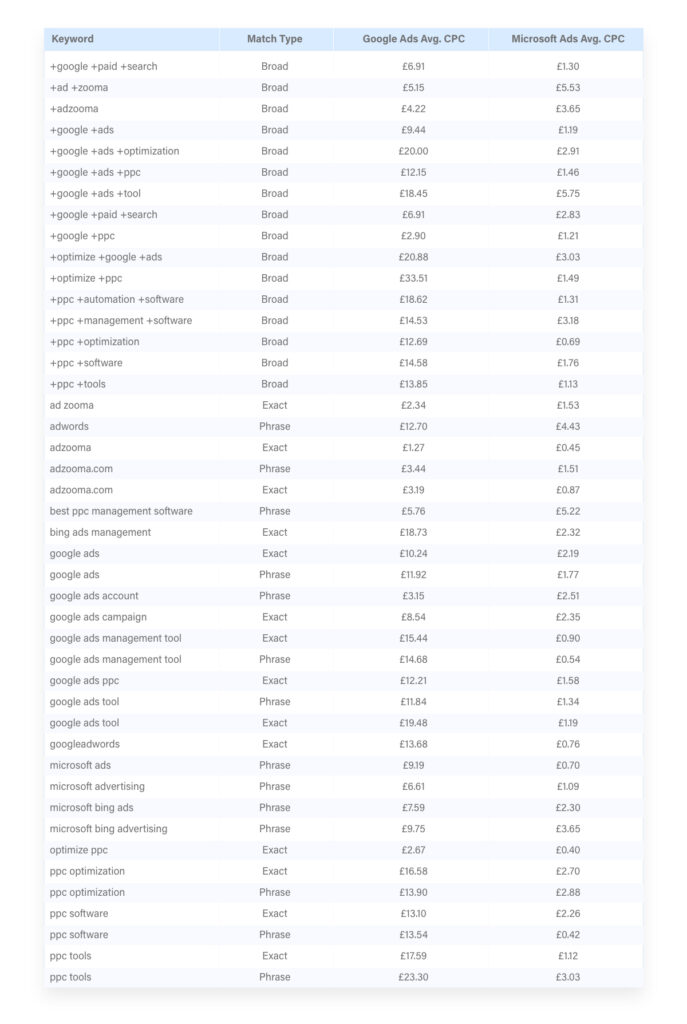
Really is quite remarkable the difference between the two. There isn’t too much between brand keywords, but everything else is pretty stark. Just look at PPC tools exact phrase (£17.59 compared to £1.12) and optimize PPC broad match (£33.51 compared to £1.49).
Overall for the 44 randomly selected keywords, the average CPC for Google is £11.76 while Microsoft is £2.06.
What the data means for advertisers
“Microsoft Ads can be significantly cheaper than Google Ads for a large range of keywords, which can make the platform more affordable to some advertisers.
“However, it is always important to remember that the reason for the lower costs is the lower level of demand, so you are unlikely to receive the volume of engagement on Microsoft as you would on Google.”
Sophie Logan, PPC Manager at Adzooma
I think what this data shows is the true benefits of advertising across both platforms.
As I alluded to at the top of the piece, those searching on the Microsoft Ads Network are:
- More educated (50% have a college degree)
- More affluent (a third have a household income over $100k and spend 35% more than Google searchers)
- Slightly older (45 on Microsoft compared to 38 on Google)
And you can see from our data that conversions on Microsoft arrive regularly too. From just the top level data, you also don’t know what type of conversions they are. Those ones that came through Microsoft may indeed be of better quality.
They definitely aren’t as frequent as Google, that’s been established, but that’s why you should be across both platforms, to appeal to both audiences and get more conversions.
Plus, it’s really easy to get started on Microsoft Ads if you’re already on Google – you can just do a simple import. And, exclusively with Adzooma, you can get $125 in Microsoft ad credits for just $25 when you sign up for a new Microsoft Advertising account.
Then, you can sign up to Adzooma for free, connect your Google and Microsoft accounts, and manage both accounts in one platform so you never have to hop between the two.
The best of both worlds.

Diversify, diversify, diversify
Diversifying your marketing channels is crucial to success. It allows you to reach a different and wider audience, but it also future proofs you too. We also did some research on this with the University of Cambridge that might be of interest.
When Google launched 23 years ago, only a handful of people could’ve predicted where it would be today. So what’s to say something else won’t come and take its place in time? And with all these antitrust cases currently being levelled against Google, is it still going to retain its search dominance?
At the turn of the century, Microsoft had the dominant internet browser, they had the dominant operating system; they were bound to trounce anyone who came their way. Yet MSN Search, as Bing was known back then, never did dominate, nor get close. Bill Gates looks back at it now as a rueful mistake, but perhaps it was out of Microsoft’s hands.
“Because of antitrust enforcement, that’s why we have Google,” Gary Reback, an antitrust lawyer told The Ringer in 2018. “There is no other reason.”
Microsoft had previously destroyed Netscape in the browser market and they could’ve easily done the same in the search market were it not for the antitrust case in 2001.
Fast forward nearly 20 years and the boot is well and truly on the other foot. Microsoft’s not exactly a porper, but in the search market there only exists one dominant force, and it’s not them.
Yet now it’s antitrust season again, and this time it’s Google’s time to sit in the hot seat in the US federal court, so what does the future hold?
It’s a fascinating question, but that’s one for the lawmakers of the United States to answer.
What we’ll do instead is come back with more Google Ads vs Microsoft Advertising data for you in part two.

